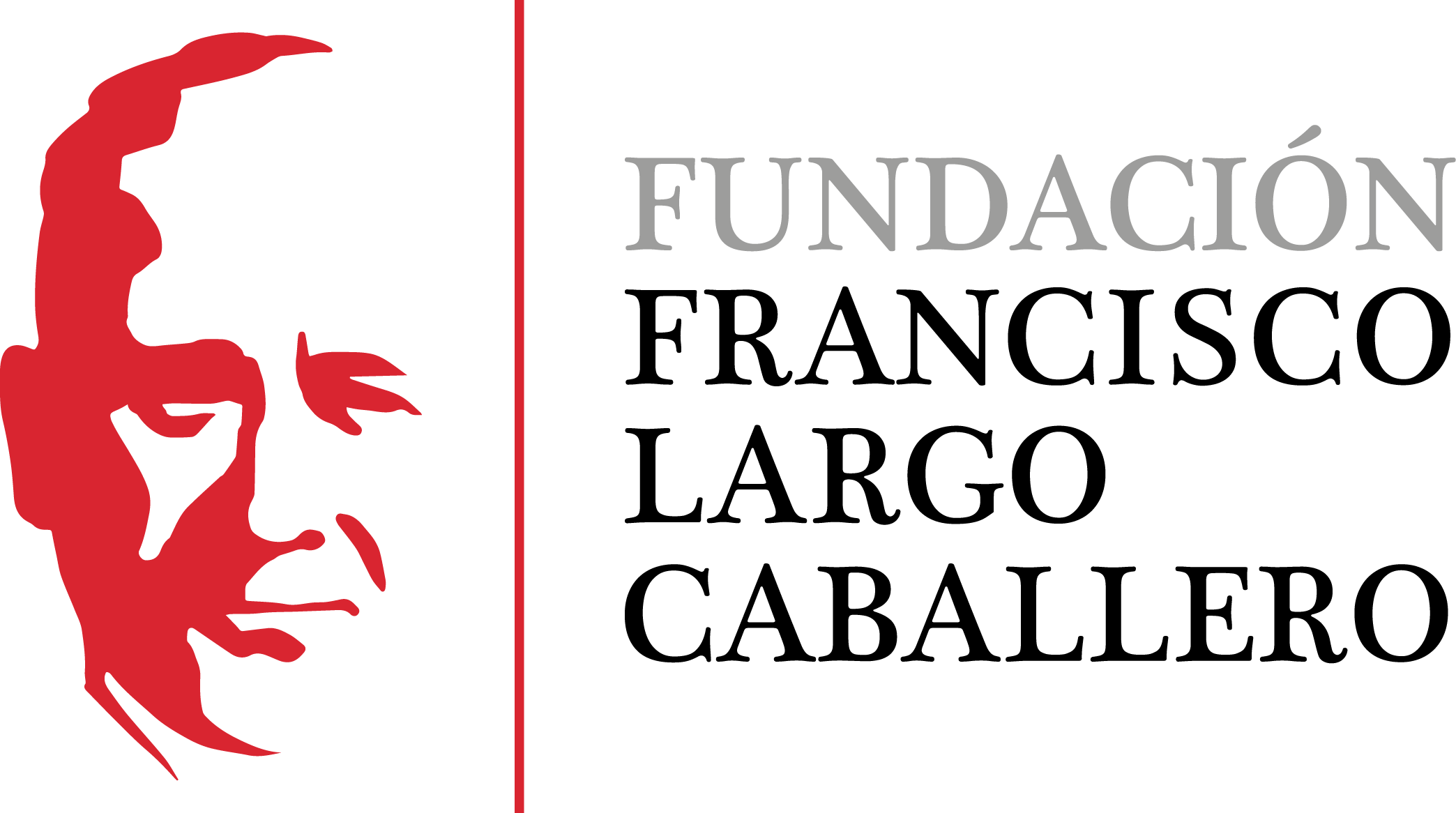About many and capital questions: The Agrarian Reform in the Spanish 2nd Republic
DOI:
https://doi.org/10.69791/rahc.208Keywords:
Spanish Second Republic, Agrarian Reform, organizations, trade unions, historiografiaAbstract
This article analyzes the path of the historiography on agrarian reform of the Second Republic, taking as its starting point the treatment was deen l subject by writers of the 1970s and its evolution to date. In this tour emphasizes the dual imperative, ethical and economic that has prevailed in the debate on the viability of the Agrarian Reform. Somehow, it traces a journey that begins with Edward Malefakis and reaches Ricardo Robledo, the modern historian around which it has continued with the study of Republican reformism. Among other issues discussed major issues of historiography that has sought a cross-sectional analysis by periods and by institutions. The balance is relatively positive, as though on land reform Republican weighs like a lid the label of «failure», the development of studies demonstrates the amount of nuances that should have such a claim.
Downloads
Global Statistics ℹ️
|
84
Views
|
28
Downloads
|
|
112
Total
|
|
Downloads
Published
How to Cite
Issue
Section
License
Copyright (c) 2010 Sergio Riesco

This work is licensed under a Creative Commons Attribution 4.0 International License.
Alcores is an open-access journal. It provides unrestricted access to its content from the moment of publication. We respect intellectual property rights, and for this reason, the author retains the copyright. All content is distributed under a Creative Commons Attribution 4.0 International (CC BY 4.0) license. The terms of the license can be consulted at: https://creativecommons.org/licenses/by/4.0/
This license allows sharing (copying and redistributing the material in any medium or format) and adapting (remixing, transforming, and building upon the material for any purpose), provided that authorship and first publication in this journal are properly credited, a link to the license is included, and any changes made are indicated.
This type of license facilitates the freedom of reuse and ensures that the content of this journal can be used to meet research needs.





